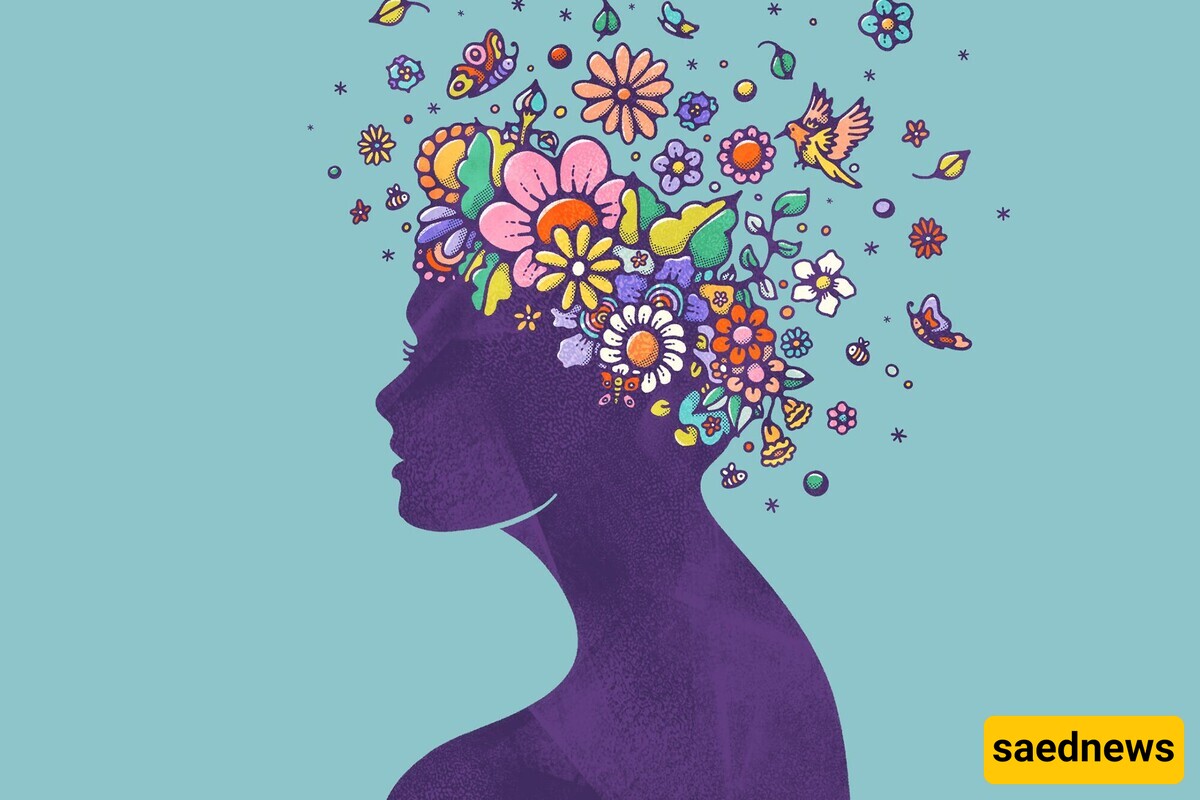Modern life, with its constant stress and challenges, has made the need for mental health care more important than ever. Mental health forms a solid foundation for success, happiness, and overall well-being, and with proper management, we can navigate daily pressures and experience inner peace.

According to Saadnews, mental health isn't just about the absence of mental illness; it also involves the ability to manage emotions, cope with stress, and build healthy relationships. In today’s fast-paced world, we often overlook our psychological needs, and this neglect can negatively impact our quality of life. However, by following a few simple principles and making some lifestyle changes, we can improve our mental health and restore mental balance. In this article, we explore practical ways to manage mental health and help you lead a happier life.
Mental health refers to maintaining emotional balance and well-being while facing life’s challenges, pressures, and changes. It not only influences the quality of life but also plays a vital role in improving social relationships, career success, and decision-making. With increasing stress and pressures in modern life, managing mental health has become a fundamental necessity. In this article, we share strategies that can help you maintain and improve your mental health.

Recognize and accept your emotions. Suppressing negative emotions can be harmful.
Practicing mindfulness and meditation can help reduce anxiety and improve focus.
Strong social relationships are crucial for mental health. Spend quality time with friends and family.
Share your feelings with trusted individuals.
Use stress-relief techniques such as exercise, deep breathing, or yoga.
Prioritize tasks and plan ahead to reduce work-related pressure.
Proper nutrition, sufficient sleep, and regular physical activity are essential for a good mood and overall mental well-being.
Limit the consumption of harmful substances like excessive alcohol and caffeine.
If you feel mentally overwhelmed, seek support from a psychologist or counselor.
Consulting a professional is a sign of strength in taking care of yourself, not weakness.
Learn to say "no" to unreasonable demands and external pressures. This helps prevent burnout.
Dedicate time to activities you love, such as art, music, or reading.
Set both short-term and long-term goals for yourself and work towards achieving them.
Mental health is an ongoing process that requires attention and effort. By adopting these strategies, you can keep your mind in the best possible condition and lead a happier, more fulfilling life. Mental health is a gift you give to yourself.

